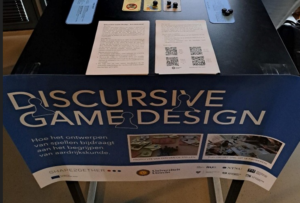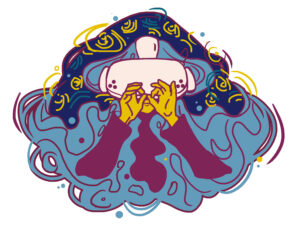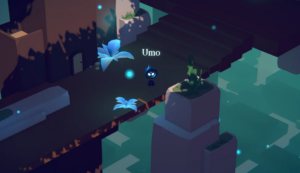
This web page is still being updated. If you are aware of (upcoming) UU game research projects, programmes, or events that are not yet featured in this list, please get in touch.
1637
In the 17th century the lawn game “Pall-mall”, known as “Malie” in Dutch, was very popular among students. It was so popular that the university and the council created a dedicated alley for the game in 1637, “the Maliebaan”. This is the first example of games being very important for Utrecht students and scholars.
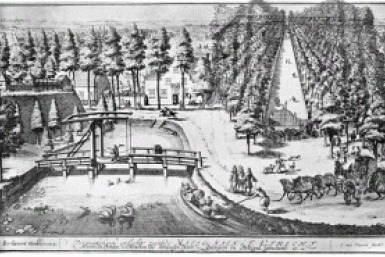
2002
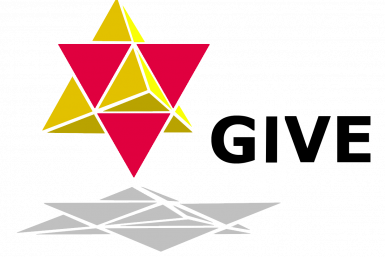
After years of offering games and media related courses in computer science, Utrecht University starts the specialized master programme Geometry, Images, and Virtual Environments (GIVE), the first Dutch specialized master program on this topic.
2003
In 2003, the seminal DiGRA conference named “Level Up” was held at Utrecht University. “Level Up was the first conference of the then newly created Digital Games Research Association. The event signaled a watershed moment for us.” (Mia Consalvo, President DiGRA 2015).
More about DIGRA.
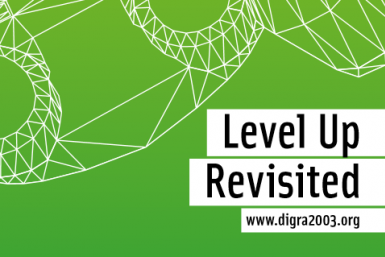
2005
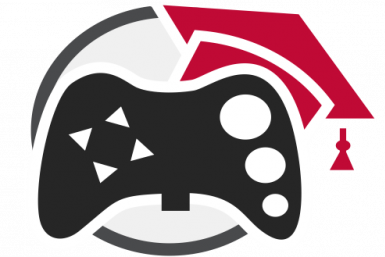
UU starts the master programme Game & Media Technology, a two years research master, as the successor of the GIVE master program. The programme focuses on providing students with both fundamental and applied knowledge of the techniques for handling spatial data.
2007 – 2012
The GATE project positioned The Netherlands as a strong gaming ecosystem. The total budget was 19 M€, a contribution of 10 M€ from the FES fund, and 9 M€ matching from the partners Delft University of Technology, Thales, TNO, University of Twente, Utrecht School of the Arts, Waag Society, and Utrecht University (coordinator).
More about GATE.
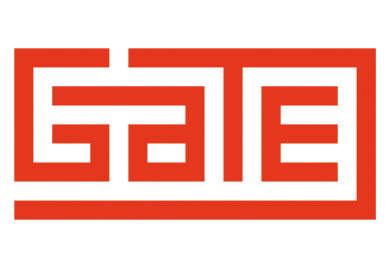
2008

Task Force Innovation, Utrecht University, and Utrecht School of Arts founded the game company incubator Dutch Game Garden, located in Utrecht.
More about Dutch Game Garden.
2008
An impulse of “Independent game movement” (or “Indie”) startups begins, where HKU and UU alumni unite and work together. This includes now famous companies such as FourceLabs, Ronimo Games and Vlambeer.
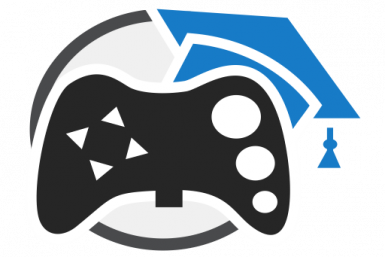
2008
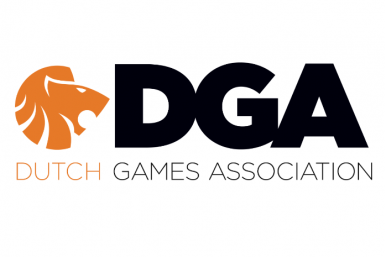
Foundation and settlement of the Dutch Games Association (DGA) in Utrecht. Their mission statement? “To help the industry reach its full potential by connecting, serving and inspiring the industry and beyond on a national and international level”.
More about the Dutch Games Association.
2010
In september of 2010, the UU starts with “Gametechnology”, a new studypath for the bachelor Computer Science. Students of Gametechnology follow the regular Computer Science courses, but with a much heavier focus on games. There are also some Gametechnology-specific obligatory courses.
More about the bachelor Gametechnology.
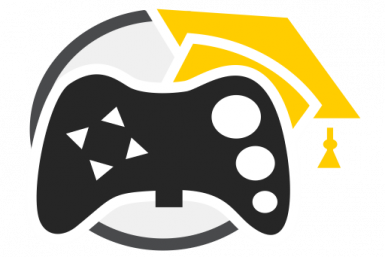
2011
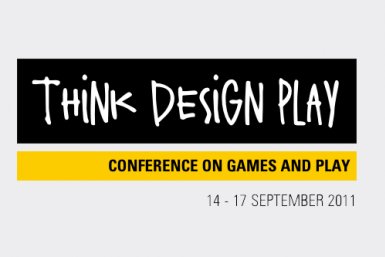
The sixth annual DiGRA congress is hosted by the HKU in collaboration with the UU, bringing it once again back to the Netherlands. The focus and title for this years conference is “Think, Design, Play”.
More about DiGRA.
2011 – 2016
As part of the national program “COMMIT/”, Virtual Worlds for Well-being (VIEWW) facilitated various projects led by UU staff. These projects were aimed at creating a sense of well-being in virtual worlds by improving their emotional experience.
More about VIEWW.

2012
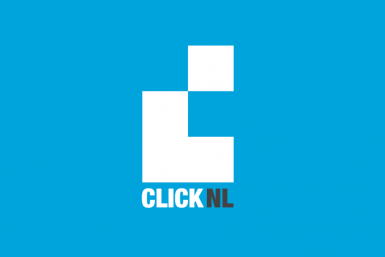
This year marks the foundation of CLICKNL, an institution for innovation in the creative industry. The Gaming innovation network is situated in Utrecht.
More about CLICKNL.
2012 – 2016
Psychologists, game researchers and -developers work together during the “Sleepcare” project to develop an app that combats chronic insomnia. The “Lyla Sleep Coach” app works as a persuasive assistant to stimulate therapy compliance, and therewith increase the effectiveness of sleep training.
More about Sleepcare.
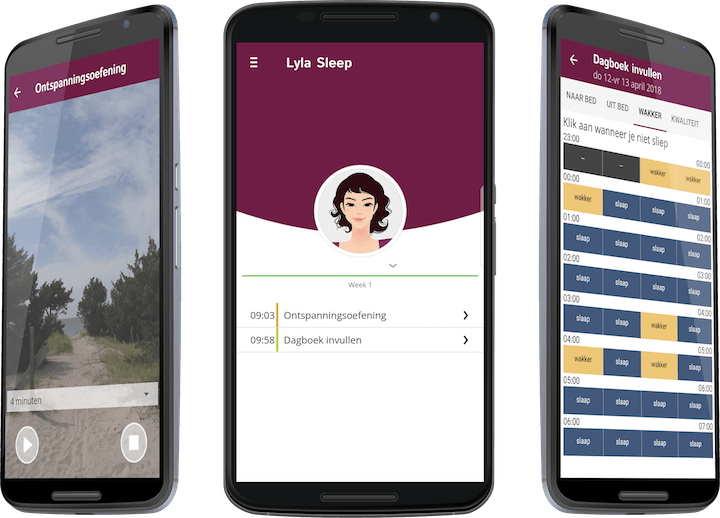
2013
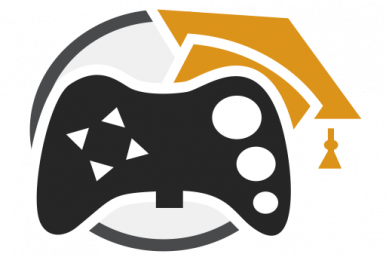
The minor “Game Studies” is established at the Utrecht University as a part of the faculty of humanities. The focus of the programme lies with studying games and play as it is now in our society.
More about Game Studies.
2013 – 2019
The UU runs the multidisciplinary graduate program “Game Research”.
More about Game Research.

2014 – 2015

“Growing Games”, a multiple-year incentive program to promote sustainable growth in the applied games-sector, is established in Utrecht.
More about Growing Games.
2014
The Utrecht University starts the Focus Area “Game Research” which results in the Center for Game Research still active today The start of the focus area also meant the start of the old (now defunct) website of the Center for Game Research, which was relaunched in 2024 as the current website.
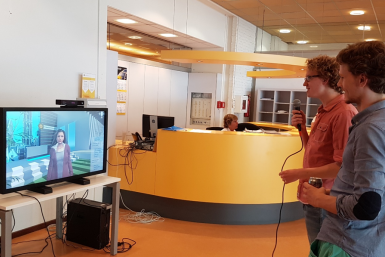
2015 – 2019

Utrecht University is a partner in the Horizon EU research project “RAGE” or “Realising an Applied Gaming Eco-system.” This project set out to create advanced software components that support the creation of applied games, or games “with serious purposes”.
More about RAGE.
2016 – 2017
The UU Center for Game Research, in collaboration with Sound and Vision, starts the project “Game On!” to research how video games may be archived sustainably. More than 50 games were archived, and new workflows were established to facilitate the archival of games.
More about Game On!.

2019 – 2022

The EU-funded “Spationomy 2.0” research project focused on facilitating education with playful features to aid the learning process and make it more enjoyable. As part of this project the UU developed the Carbon Pearl game as a tool for educators to tackle difficult subjects in teaching.
More about Spationomy 2.0.
2020 – 2024
The NWO Vidi research project “Anticiplay” is started with the aim to explore “how games can help imagine and realize sustainable futures.” The project worked towards this goal in a myriad of ways; developing games, get-togethers, the Game Dev Rebellion, and writing various papers as well as a blog that is still updated in 2025.
More about Anticiplay.

2021 – 2023
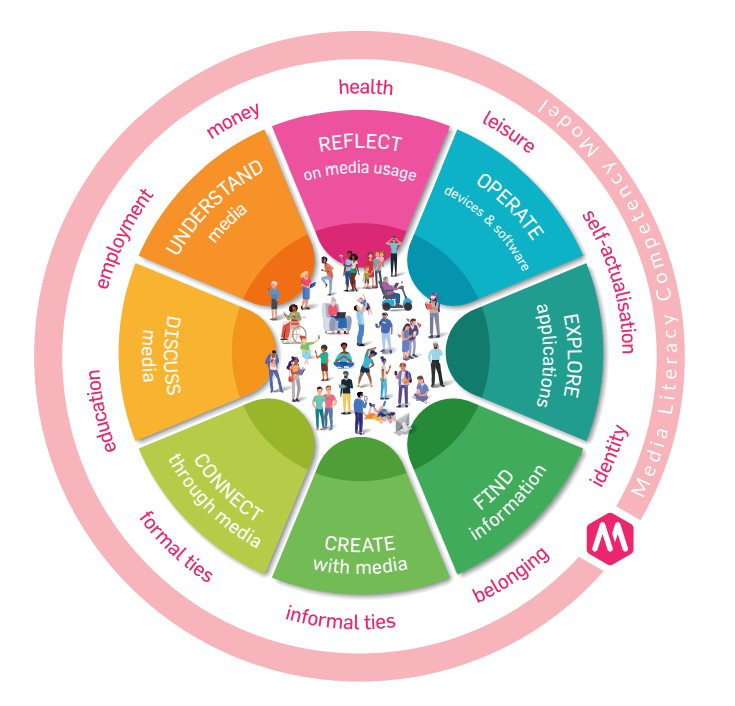
Erasmus University and Utrecht University collaborated during the “Digital Literacy Games” research project that “focused on the role the game sector can play in the development of digital literacy skills of children.” This resulted in an advisory report for the implementation of games in education, as well as a literature review.
More about DLG.
2022 – 2024
During this NWO funded research project, the UU collaborated with the National Library of The Netherlands and design agency Doyle to develop the serious game “MedievalMe”. Aimed at 13-15 year-olds, this freely accessible “digital escape room” introduces middle school students to academic research and medieval history.
More about MedievalMe.
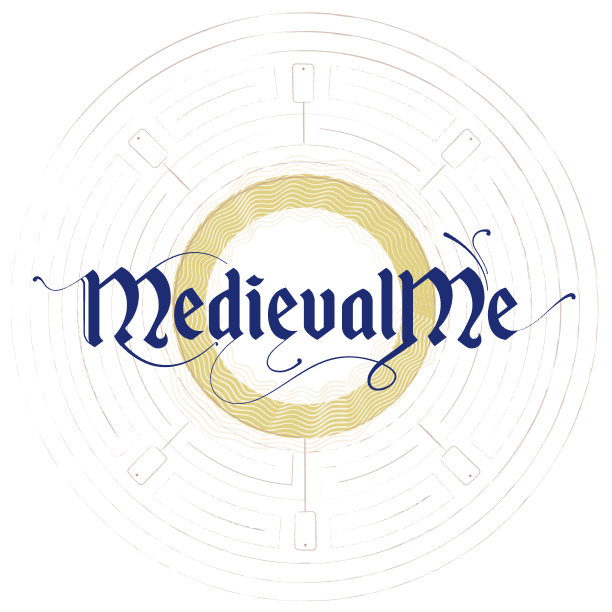
2023 – 2025
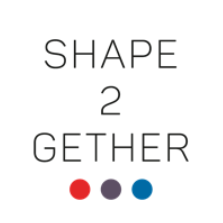
Utrecht University participates in the “Shape2Gether” Erasmus+ project. During summer schools in Trondheim, Malta, and Bochum, students and teachers specialised in geosciences, new technologies, and serious game design explored innovative approaches for sustainable development in the context of climate crisis.
More about Shape2Gether.
2023 – 2026
The COMENIUS project “Fostering an Open Mind” is set up. Gameplay and -design are applied as a tool to foster productive discussion in the classroom environment. Among other things, it has thus far developed the “Open Mind Game” and “Het Vlak.”
More about the project.
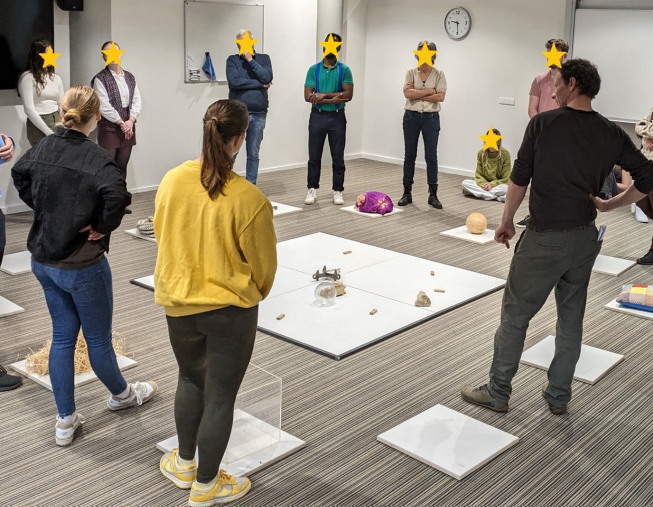
2023 – 2028

To investigate the empathetic possibilities and dangers of VR, the NWO project “Virtual Reality as Empathy Machine” is started at Utrecht University. It focuses on humanitarian appeals, in particular “issues around migration and refugees.”
More about VR as EM.
2024 – 2027
The “Crisis to Resilience” project is set up with a grant provided by The Utrecht Education Incentive Fund (UEIF). Its goal, with the use of learning spaces and practices, is to “bolster students’ individual and social resilience and agency towards climate action, as well as enhancing their general resilience.”
More about Crisis to Resilience.
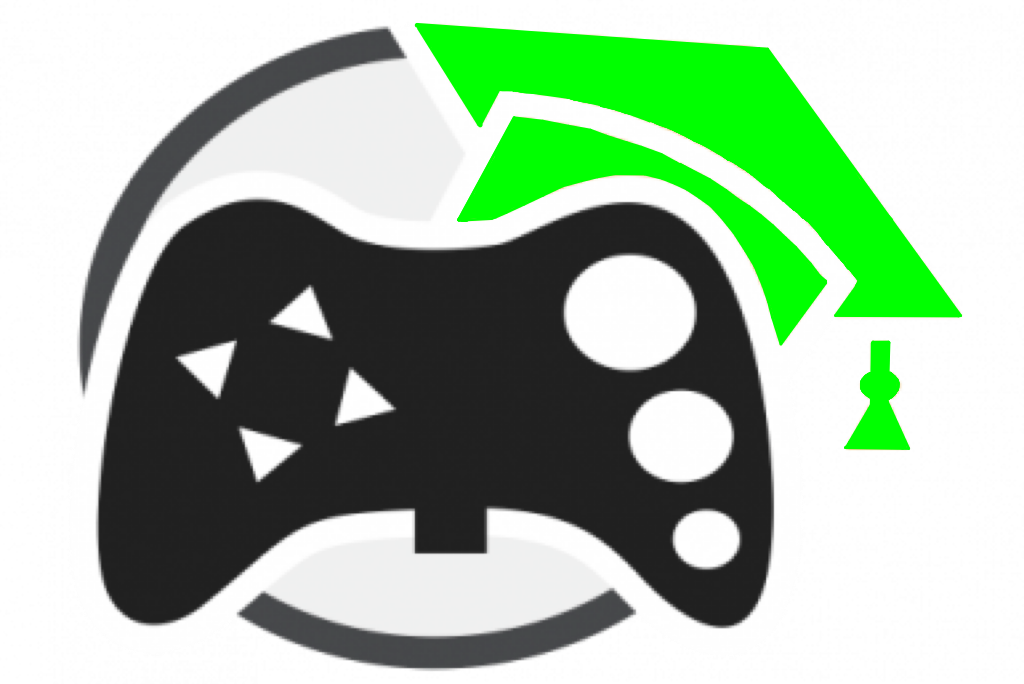
2024 – 2027

In collaboration with the Utrecht Game Lab, “Playing the Hidden Curriculum” aims to create a toolbox of analogue games and exercises that helps unpack the “unwritten social and cultural rules in education”. The project works with a playful method to study the HC’s impact on “the accessibility, purpose, and quality of education”.
2024 – 2028
Utrecht University is consortium partner of the “FORT-PORT” project, that aims to undermine subversive crime in the port of Rotterdam and create a safe, resilient, and prosperous port.
More about FORT-PORT.
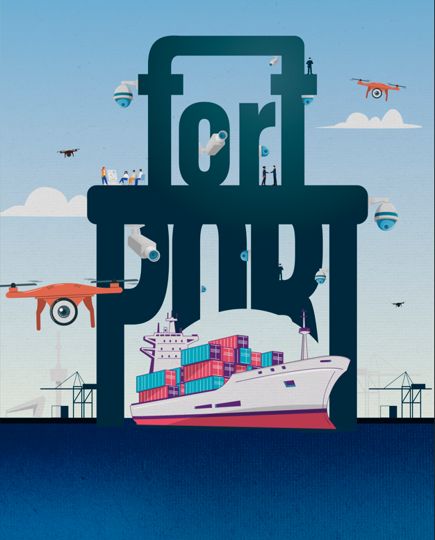
2024 – 2028

Utrecht University becomes the administrative centre for the European research project “STRATEGIES”. The project is coordinated by UU professor Joost Raessens, and seeks to “unlock the potential of the game industries to drive societal change.”
More about STRATEGIES.
2025
In the Dynamics of Youth “Shoulder-to-Shoulder” project, Utrecht University performed play experiments at Basisschool De Odyssee (Utrecht) to understand the positive effects of playing for children.
More about Shoulder-to-Shoulder.

The start of this historical overview originates from the original Center for Game Research website launched in 2014 and has been updated to include new events.

